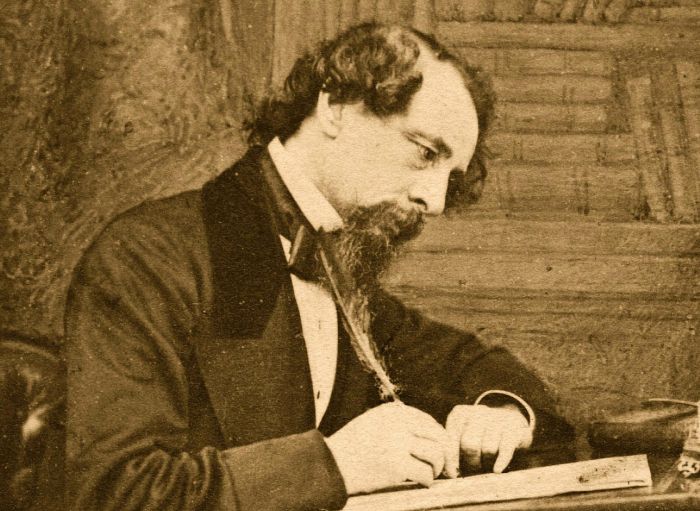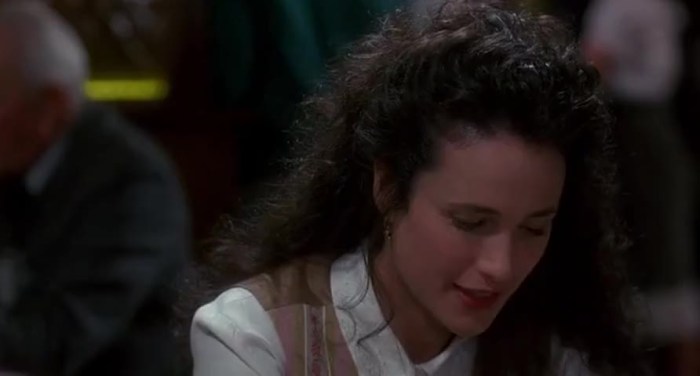The nineteenth century american poetry mastery test sets the stage for this enthralling narrative, offering readers a glimpse into a story that is rich in detail and brimming with originality from the outset. This comprehensive examination delves into the historical context, major themes, and influential figures that shaped American poetry during this transformative era.
The content of the second paragraph that provides descriptive and clear information about the topic
Overview of 19th Century American Poetry: Nineteenth Century American Poetry Mastery Test

19th century American poetry emerged amidst a rapidly changing nation, marked by westward expansion, industrialization, and social upheaval. This transformative era fostered a diverse range of poetic voices, styles, and themes.
Major themes include nature, democracy, identity, and the search for meaning in a rapidly modernizing world. Styles ranged from the Romantic exaltation of nature to the Gothic and macabre explorations of Edgar Allan Poe. Prominent poets include Walt Whitman, Emily Dickinson, and Henry Wadsworth Longfellow.
Analysis of Major Poets and Their Works
Walt Whitman
Whitman’s poetry is characterized by its free verse, expansive imagery, and celebration of American democracy. His magnum opus, Leaves of Grass, explores themes of unity, individuality, and the interconnectedness of all living beings.
Emily Dickinson
Dickinson’s poetry is known for its concise, enigmatic style, and exploration of death, nature, and the human condition. Her unique use of dashes, slant rhyme, and unconventional capitalization creates a distinct and haunting voice.
Edgar Allan Poe
Poe’s poetry is steeped in the Gothic and macabre, exploring themes of madness, death, and the supernatural. His haunting imagery and use of rhythm and rhyme create a sense of suspense and unease.
Examination of Literary Movements, Nineteenth century american poetry mastery test
Romanticism
Romanticism emphasized the power of nature, imagination, and the individual. American Romantic poets such as William Cullen Bryant and Henry David Thoreau celebrated the beauty and grandeur of the American wilderness.
Transcendentalism
Transcendentalism was a philosophical and literary movement that emphasized the inherent goodness of humanity and the importance of intuition and self-reliance. Transcendentalist poets such as Ralph Waldo Emerson and Henry David Thoreau explored themes of nature, spirituality, and the human soul.
Realism and Naturalism
Realism and Naturalism emerged in the late 19th century, focusing on the depiction of everyday life and the influence of environment on human behavior. Realist poets such as Edwin Arlington Robinson and William Vaughn Moody explored themes of social injustice and the complexities of human nature.
Influence on American Culture
19th century American poetry played a significant role in shaping American identity and culture. It fostered a sense of national pride, celebrated the beauty and diversity of the American landscape, and explored the challenges and aspirations of a young nation.
Poetry also played a vital role in social and political movements, such as the abolition of slavery and the women’s suffrage movement. Poets such as Frederick Douglass and Elizabeth Cady Stanton used their voices to advocate for social justice and equality.
The legacy of 19th century American poetry continues to resonate in contemporary literature, inspiring and influencing poets and readers alike.
FAQ Resource
What are the key characteristics of nineteenth century American poetry?
Nineteenth century American poetry is characterized by its focus on themes of nature, individualism, and democracy, as well as its use of vivid imagery and experimentation with poetic form.
Who are some of the most prominent poets of the nineteenth century?
Some of the most prominent poets of the nineteenth century include Walt Whitman, Emily Dickinson, Edgar Allan Poe, Henry Wadsworth Longfellow, and Ralph Waldo Emerson.
What is the significance of nineteenth century American poetry?
Nineteenth century American poetry played a significant role in shaping American identity and culture, and its influence continues to be felt in contemporary literature and beyond.

